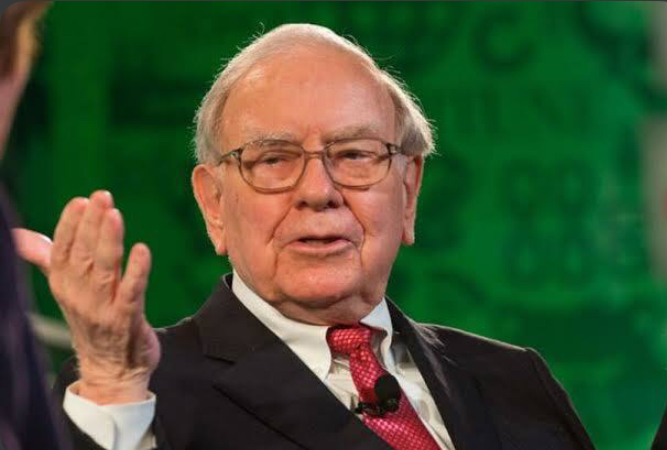Called the Oracle of Omaha, Warren Buffett is renowned for his simple and frugal lifestyle. Despite being the sixth richest person globally, with a net worth estimated at $117.9 billion, Buffett continues to live in the same modest home in Omaha that he purchased in 1958 for just $31,500. Adjusted for inflation, that amount today would be approximately $328,990.80, a mere 0.000279% of his total net worth.
Buffett has consistently ranked the purchase of his home as the third-best investment he has ever made, behind only his wedding rings. The 1921 home situated on a corner lot in Omaha and just a short five-minute drive from Berkshire Hathaway’s corporate headquarters, is currently valued at approximately $1,439,000 million, according to Realtor.com’s estimate. That is 44.44 times more than he paid for it decades ago.
He considers it one of his best investment, coming in only behind he and his wife’s wedding rings. In a 2009 interview with the BBC’s Evan Davis, he expressed contentment with his Omaha residence, stating, “I couldn’t imagine having a better house.” The home is the only real estate in Buffett’s personal portfolio.
Although the home brings him happiness, he does admit renting could have been a better move financially.
In a 2010 letter addressed to his Berkshire Hathaway shareholders, Warren Buffett expressed his belief that homeownership is a sensible choice for most Americans. However, he also acknowledged that he would have made far more money if he had opted to rent and used the purchase money to buy stocks. The exact quote included in the letter to shareholders was:
“Home ownership makes sense for most Americans… All things considered, the third best investment I ever made was the purchase of my home, though I would have made far more money had I instead rented and used the purchase money to buy stocks.”
Buffett goes on to warn that buying a house can turn into a nightmare if the buyer overspends and stretches beyond their financial means. When a buyer takes on more debt than they can comfortably manage, it can lead to financial difficulties and potentially even foreclosure.
He also points out that lenders, sometimes with the backing of government guarantees, can facilitate this situation by extending credit to buyers who may not be fully qualified or financially stable. This can create a false sense of security and entice buyers to take on more debt than they can handle, which can be detrimental in the long run.
It is easy to get caught up in the excitement of buying a home, but it is important to remember that it is a major financial decision that should not be taken lightly. Rising home prices and recent interest rate hikes have made it increasingly difficult for many individuals to purchase a home, which is one reason people are turning to fractional investing as a way to add real estate to their portfolios.

